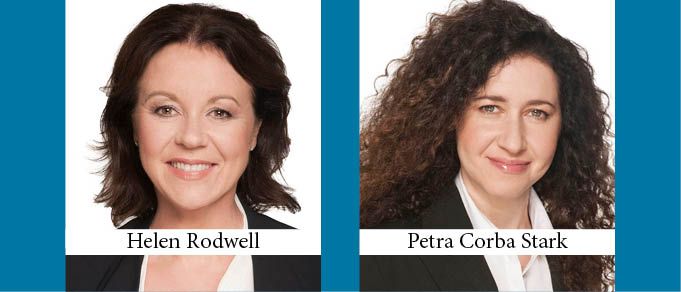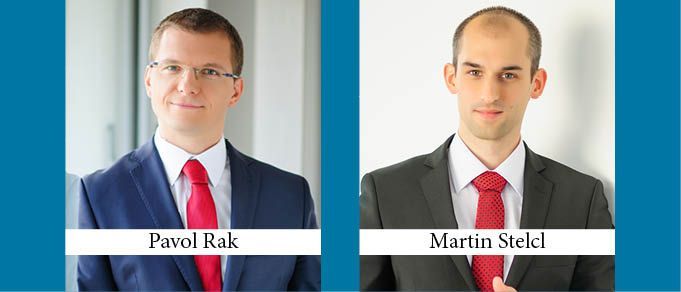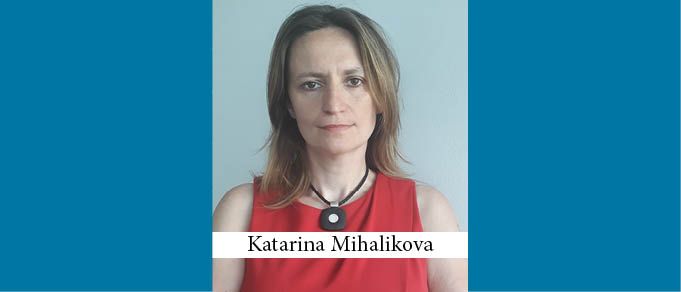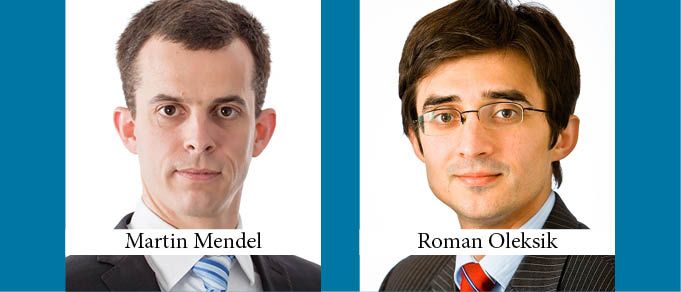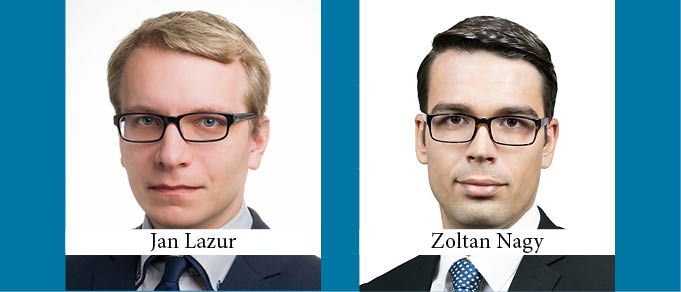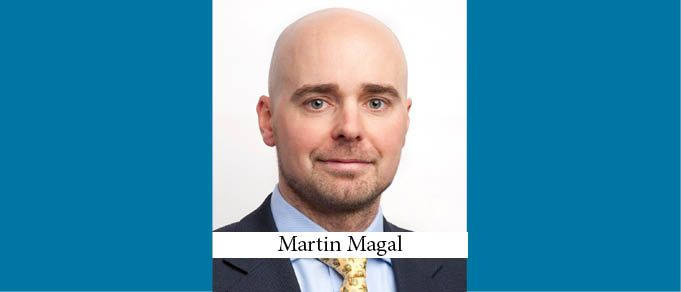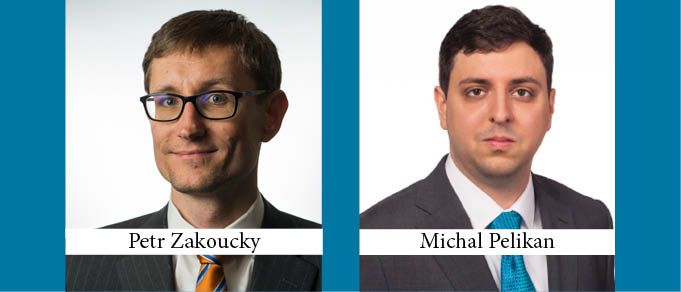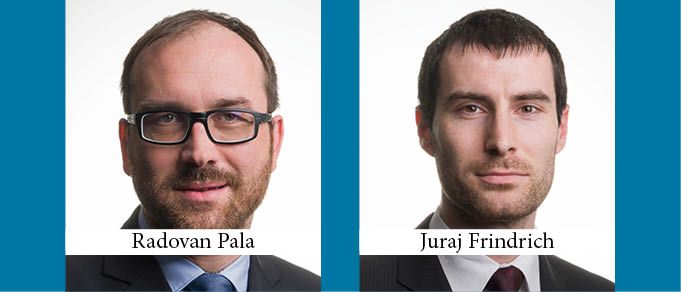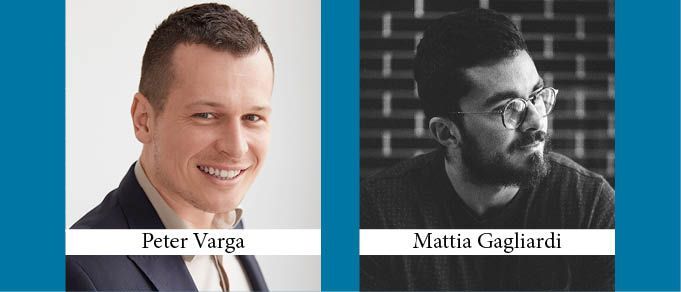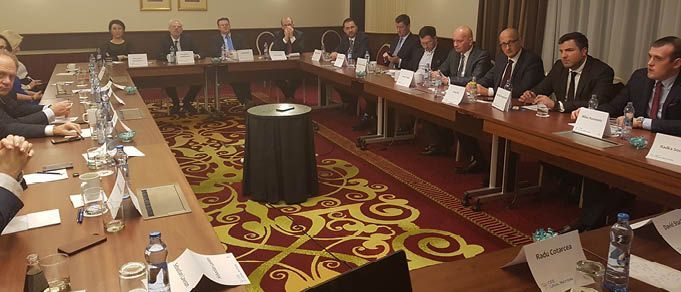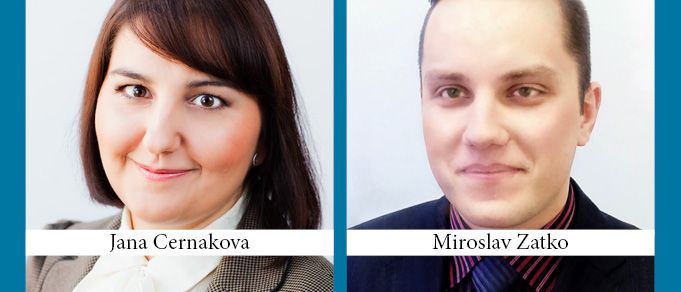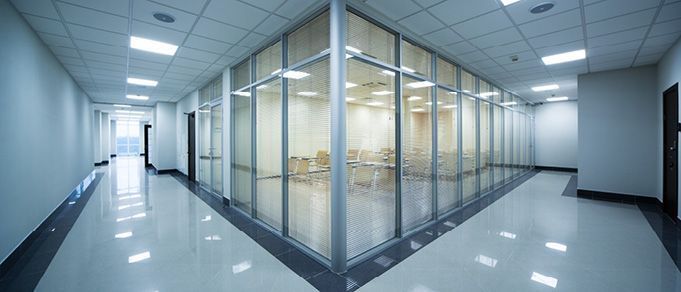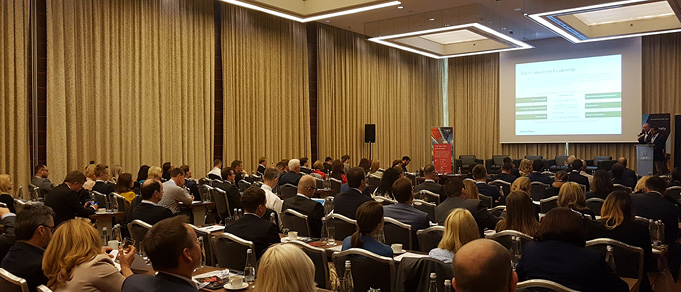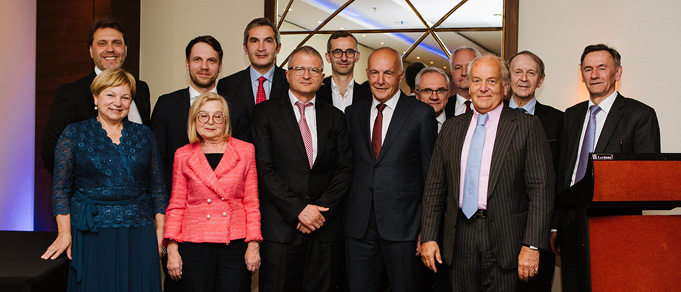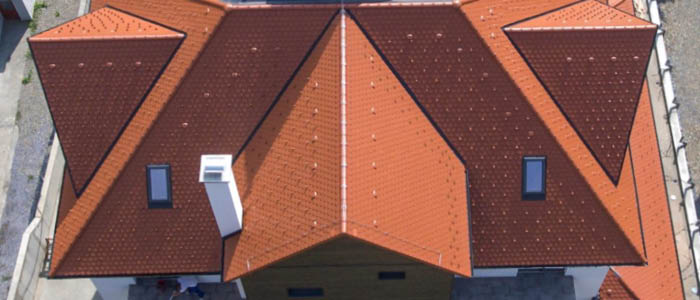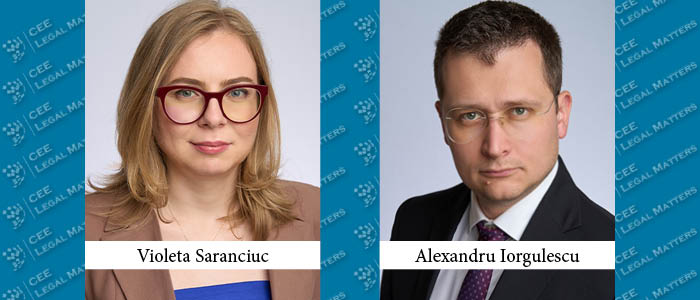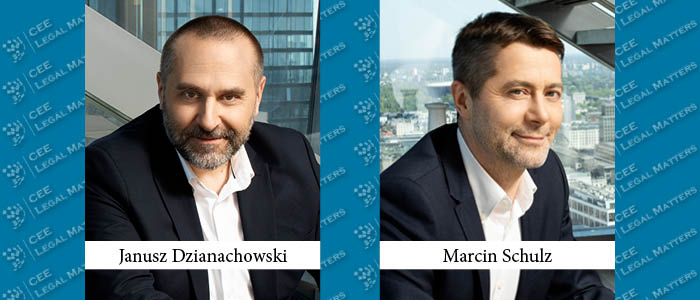After undergoing healthy levels of Corporate/M&A activity in recent times, as we move towards 2019 we expect the Slovak market to remain stable. A notable exception, however, is in the logistics asset class, where we project inbound investment to soar.
Counter-Measures Against the Potential Overheating of the Real Estate Market
The demand for residential real estate is currently experiencing an unprecedented boom in Slovakia. According to official market surveys, the average price of flats has already exceeded the levels recorded before the outbreak of the world financial crisis, and further price increases are expected due to lagging supply and readily available sources of cheap funding from domestic banks. Not surprisingly, these conditions have resulted in a significant increase in the indebtedness of private households, which are currently the highest in the CEE region.
The Transforming Legal Market: A Scarcity of Skilled Slovak Associates
Against the backdrop of concerns that changes in technology may cost law firms jobs come reports that law firms in Slovakia are having trouble finding the skilled law school graduates to fill their associate ranks. Whether because of a decrease in the perceived attractiveness of a career in a law firm, a prolonged mandatory traineeship period, or some other reason, many see a serious problem developing.
Guest Editorial: Making Choices
When I was first asked to write an Editorial for CEE Legal Matters, I was told that it should be something personal or funny. As “funny,” by definition, does not get along with the legal profession very well, I will have to stick to reflecting on my 20-year career. I will share a few thoughts on the dilemma of whether to pursue a legal career in London or in Bratislava and on the changing world around us that impacts (and arguably, enhances) the lives of legal practitioners in one of the CEE countries.
Inside Out: CNIC Corporation’s Acquisition of Prologis Park Galanta-Gan in Slovakia
The Deal: On October 4, 2017, CEE Legal Matters reported that Dentons’ Bratislava office had advised CNIC Corporation Ltd., an investment company owned by the Chinese government, on its acquisition of Prologis Park Galanta-Gan in Slovakia – which Dentons described as “the largest logistics asset, both by area and investment volume, ever sold in the CEE region” – from Prologis, and that Kinstellar had advised Prologis on the deal.
A Brand New Alternative Dispute Resolution Mechanism for Resolving Domain Name (.sk) Disputes in Slovakia
For a number of years, Slovakian courts struggled with domain name disputes. Because there was neither statutory legislation concerning the rights to domain names nor consistent case-law allowing for the formulation of principles for resolving disputes that arose involving them, different courts took different approaches regarding how to decide domain name cases. This made legal certainty and predictability extremely difficult for stakeholders in the country.
Now or Never: The Looming GDPR Deadline
The European Union’s General Data Protection Regulation is, according to the EU-hosted GDPR website, “the most important change in data privacy regulation in the past 20 years.” The Act, which was approved by the EU Parliament on April 14, 2016 and will become fully effective on May 25, 2018, was designed “to harmonize data privacy laws across Europe, to protect and empower all EU citizens’ data privacy, and to reshape the way organizations across the region approach data privacy.”
A Night of Celebration at CEE Deal of the Year Awards Banquet in Prague
The winners of the 2017 CEE Deal of the Year Awards were announced at the first ever CEE Legal Matters Deal of the Year Awards Banquet last night in Prague. The biggest smiles in the joyous and music-filled celebration of CEE lawyering, perhaps, were on the faces of Partners from Avellum and Sayenko Kharenko, which, along with White & Case and Latham & Watkins, won the award both for Ukrainian Deal of the Year and CEE Deal of the Year for their work on the 2017 Ukraine Eurobond Issue (a story initially reported by CEE Legal Matters on October 2, 2017).
Guest Editorial: Where Has All The Work Ethic Gone?
Some memories never fade away. I remember the first months of my trainee career at Allen & Overy’s newly opened Bratislava office as if they were yesterday. The year was 1998 and we had just moved into new office space. It felt way too big for the team of three lawyers, one PA, and one office manager.
Upcoming Challenges for the Slovak Energy Market
The Slovak energy market is in a state of transition. Energy security continues to be a key driver of the country’s energy policy. Long characterized by its reliance on gas from the Russian Federation, Slovakia continues to seek alternative sources to supply its energy needs. To a large extent, the solution has been to invest billions into nuclear power, while the development of renewable energy sources (RES) has so far been slow.
Amending the Slovak Commercial Code: Wielding a Double-Edged Sword to Protect Creditors
In Slovakia, the purposeful avoidance of insolvency and liquidation proceedings by failed companies (including VAT carrousel fraudsters) has developed into a common market standard.
Proposal for Temporary Approach to Taxation of Virtual Currencies in Slovakia
In 2008 Satoshi Nakamoto published a white-paper outlining electronic cash peer-to-peer transactions known as Bitcoin, the first virtual currency based on a technology known as blockchain. Virtual currencies present a new digital asset class that is still in a grey area in terms of defining the actual asset. This creates difficulties and uncertainty in the area of taxation of profits arising from the owning, holding, or disposing of the given assets.
Experts Gather in Prague for CEE Legal Matters’ Annual Year-End Round Table
On Thursday, November 30th, leading legal practitioners from across Central and Eastern Europe gathered in Prague to help CEE Legal Matters celebrate its fourth successful year as the leading chronicle of the legal industry in the region, participating in an expert Round Table conversation about the year just concluded and enjoying an evening of dinner, drinks, and bonhomie.
Dispute Resolution in Slovakia
So far, 2017 has been a very challenging year for dispute resolution in Slovakia, as several new laws changing the current approach to court proceedings and arbitration have entered into force. Practitioners as well as the courts need, therefore, to balance the old rules (which are to some extent still applicable to ongoing proceedings) with the new rules.
The Corner Office: The Least Favorite Thing
In The Corner Office, we invite Senior and Managing Partners at law firms from across the region to share information about their careers, management styles, and strategies. For this issue, we asked them to describe their least favorite part of their jobs.
Slovakia (Finally) Introduces Specialized Court for Industrial Property Disputes
As part of the long-planned reform of intellectual property (IP) law in Slovakia, it was finally agreed that IP disputes should be handled by a court system able to truly understand the (often rather technical or technological) nature of IP. This decision stemmed from the frustration of many IP owners with the fact that court decisions sometimes lacked sufficient quality and that the proceedings (especially in some courts) took far too long.
Third Annual GC Summit in Warsaw the Biggest Yet
The 2017 CEE Legal Matters General Summit took place at the Intercontinental Hotel in Warsaw on June 1-2, 2017, once again bringing together well over a hundred General Counsel and Heads of Legal from across Central and Eastern Europe for two full days (and one entertaining evening) of seminars, panel discussions, best practices review, and networking. This year’s event — the third annual, following the 2015 GC Summit in Budapest and the 2016 GC Summit in Istanbul — was the biggest and most successful yet.
Elite CEE Lawyers Gather in Warsaw for Market Makers Award Ceremony
On May 31 and June 1, 2017, CEE Legal Matters was proud to host a rare event: A gathering of those senior lawyers from each Central and Eastern European country identified by peers as being most influential, most important, most uniquely responsible for having created the country’s modern commercial legal market.

